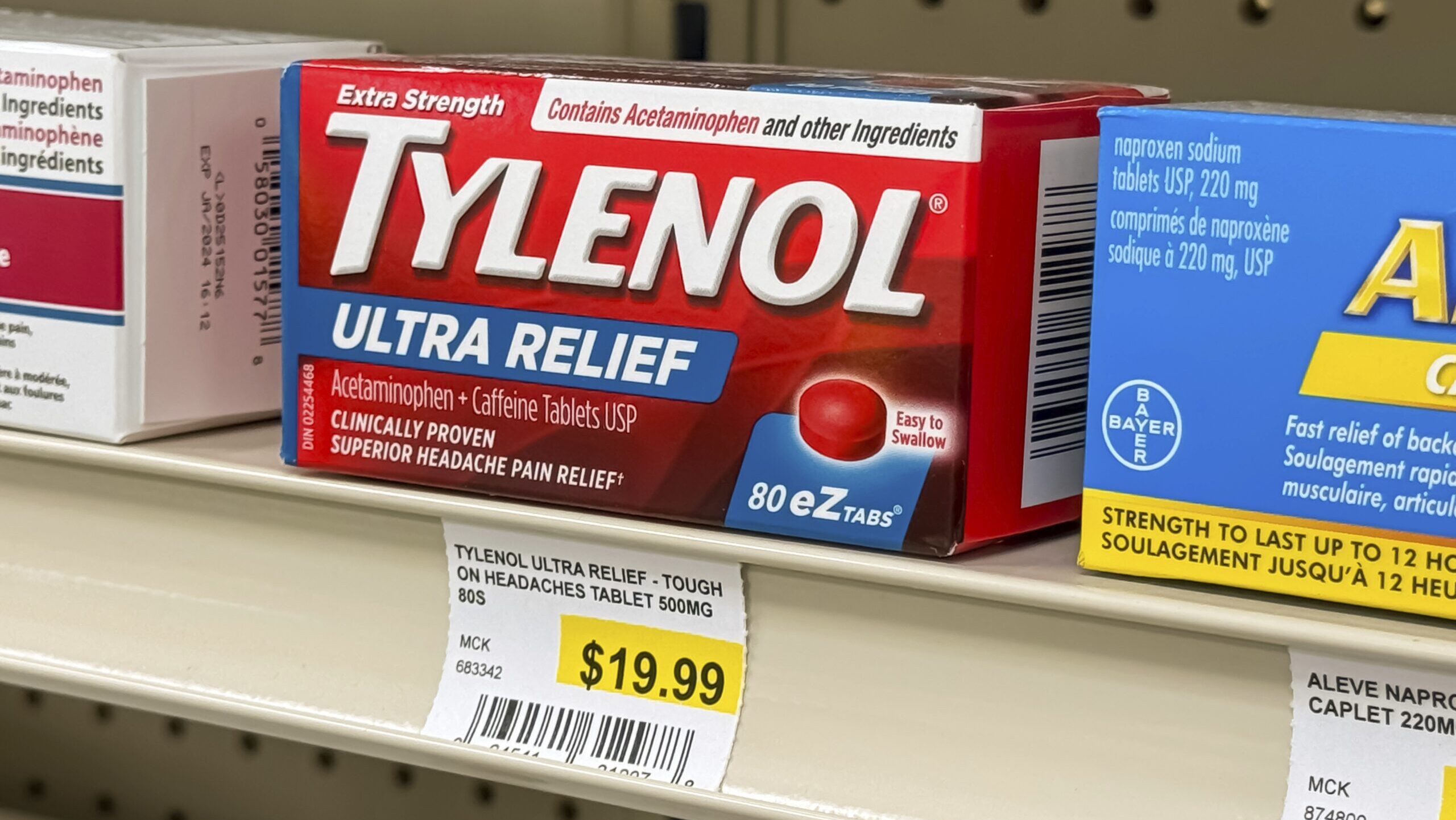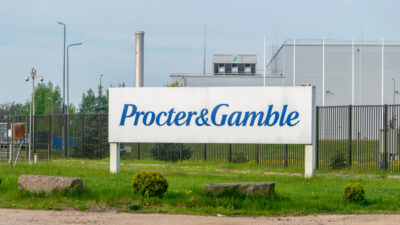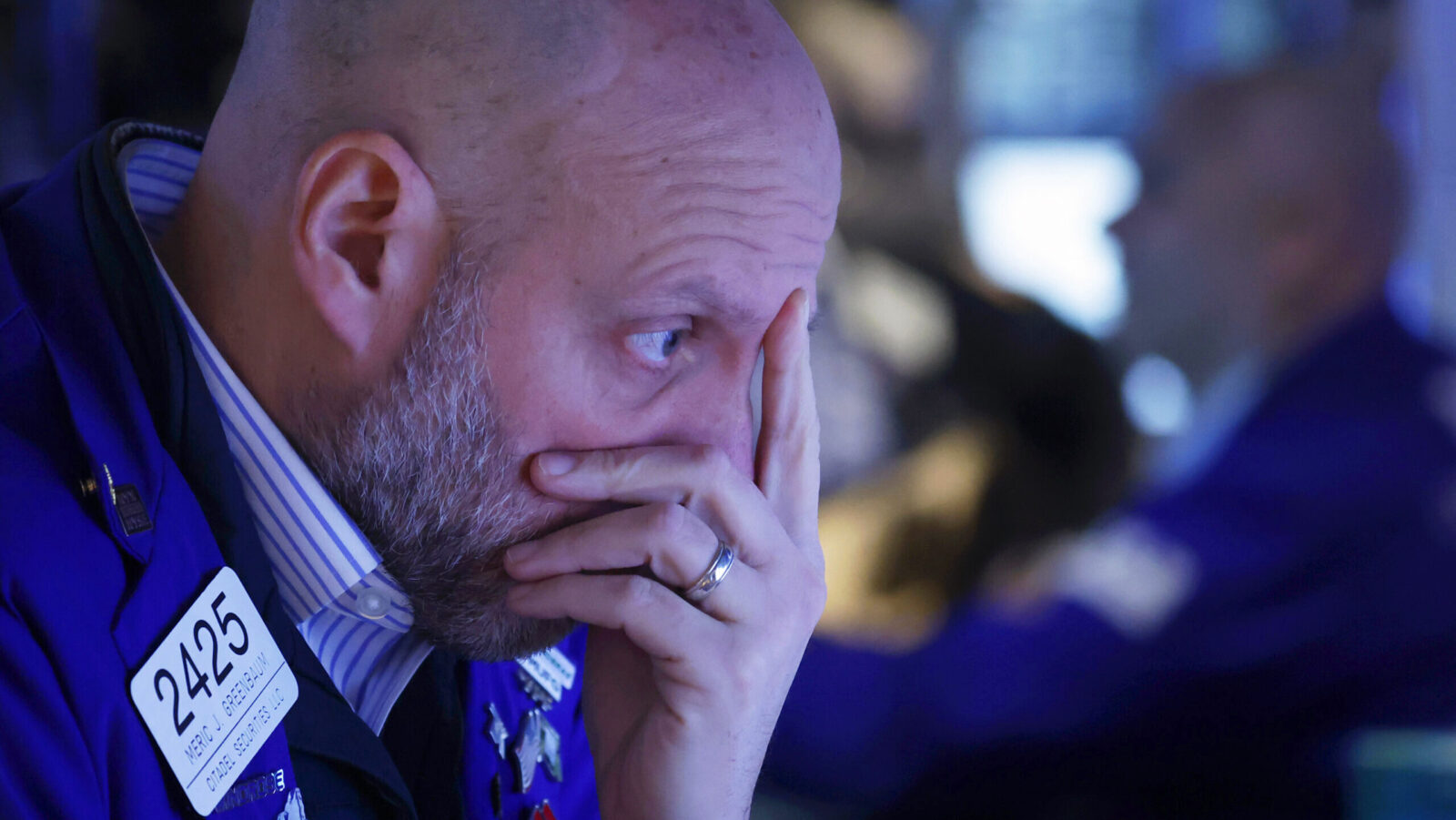Tylenol-Maker’s Shares Sink amid Autism Scrutiny
Studies exploring whether there’s a connection between Tylenol’s key ingredient acetaminophen and autism have had mixed results.

Sign up for smart news, insights, and analysis on the biggest financial stories of the day.
A medicine-cabinet staple may struggle to keep its spot on consumers’ shelves after government claims that dragged Tylenol-maker Kenvue’s shares down more than 7% yesterday to an all-time low. President Trump said Monday afternoon that the FDA strongly recommends against pregnant women using Tylenol except in some cases (like a high fever). His administration said there may be a link between Tylenol use during pregnancy and an increased chance of autism. Kenvue denies the claim.
Trump prefaced the move the day before, saying it would be one of the biggest medical announcements in US history and “an answer to autism.”
Potential Side Effects
Studies exploring whether there’s a connection between Tylenol’s key ingredient, acetaminophen, and autism have had mixed results. The Trump administration’s claim follows a study published last month that found increased rates of neurodevelopmental conditions in children with mothers who took acetaminophen during pregnancy, but one of the study’s authors told The New York Times the results don’t prove causation. The largest study to date, from last year, found no such link.
But increased scrutiny on Tylenol could have a causal relationship with Kenvue’s future financial performance:
- Kenvue was spun off from Johnson & Johnson two years ago to focus on selling consumer health products and skincare. Its largest unit, “self care,” which consists of drugs including Tylenol and Benadryl, makes up about 42% of its revenue. The other two arms of its biz — one that sells health products like Band-Aids and Listerine and another that sells skincare brands like Neutrogena and Aveeno — make up smaller chunks.
- Kenvue is under pressure from activist investors to boost its profits, ousting its CEO in July as part of an overhaul. One focus: Its skincare segment has struggled to appeal to Gen Z, even as rival brands like CeraVe flood TikTok’s For You page. Kenvue’s sales fell 4% from the previous year in the most recent quarter, and the company cut its annual forecast last month.
Prognosis: Public perceptions around health and wellness are shifting, and companies are trying to keep up. Health and Human Services Secretary Robert F. Kennedy Jr. previously said he would figure out what causes autism by September and has pointed to a range of possible culprits, including artificial food dyes and vaccines. Companies have reacted to the administration’s claims, with food companies including Froot Loops-maker WK Kellogg pledging to purge their products of synthetic food dyes. But a strategy shift isn’t as simple for pharmaceuticals.











